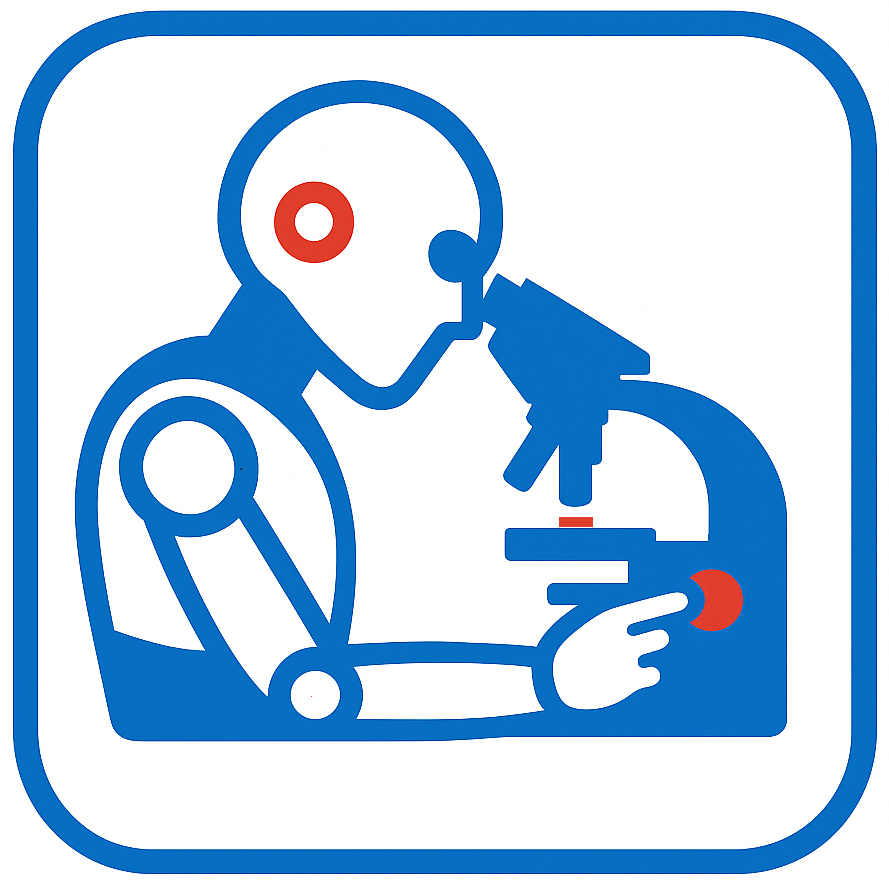
AI’s Role in Modern Diagnostics
Artificial intelligence is rapidly transforming healthcare, especially in diagnostics. In lab test interpretation, AI now plays a crucial role by automating the reading of complex results, identifying patterns in blood work, and supporting early disease detection.
FDA's Evolving Guidance
The U.S. FDA has published multiple guidance documents recognizing the growing importance of AI/ML in medical software. While formal approval for diagnostic tools remains strict, the FDA is moving toward a "predetermined change control plan" for AI tools that evolve over time.
Peer-Reviewed Research
Studies in journals like Nature Medicine and The Lancet show AI models outperforming or matching doctors in interpreting lab data. One 2022 study demonstrated an AI model correctly predicting sepsis risk based on lab values 4–6 hours before doctors flagged it.
Media Recognition
Leading outlets like Forbes, Stat News, and MIT Technology Review have spotlighted AI applications in diagnostics, from blood test analysis to early cancer detection using lab markers.
Ethics, Trust, and Transparency
The AI community is increasingly focusing on explainable AI (XAI) to build trust in lab test interpretation. Users want to understand why AI flagged something, not just what it flagged. Regulatory frameworks are expected to evolve rapidly in the coming years.
Conclusion
AI in lab test analysis is no longer a concept — it's a clinical reality. With ongoing research, cautious regulatory support, and growing public trust, AI is poised to become a central player in lab-based diagnostics worldwide.
Turn Confusing Numbers Into Clear Insights